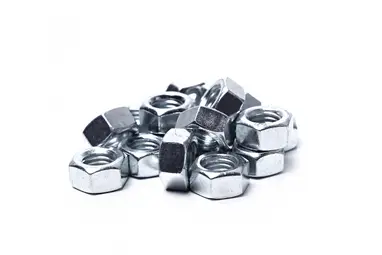7 Sources of Iron for Pregnant Women
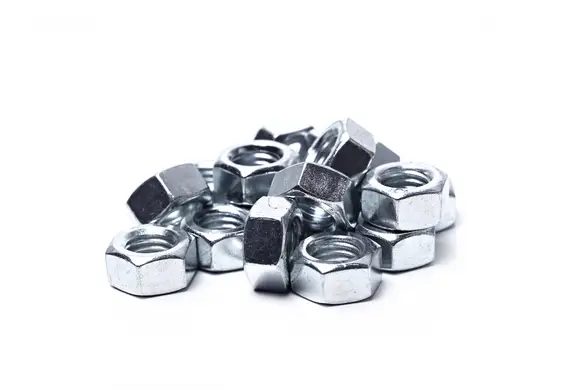
7 Sources of Iron for Pregnant Women
Posted on 12th Mar, 2023
Iron is an essential nutrient that plays a critical role in the growth and development of the fetus during pregnancy. Pregnant women require more iron than non-pregnant women because their blood volume increases to support the growing fetus.
Here are 7 sources of Iron that benefit pregnant women:
Lean Red Meat
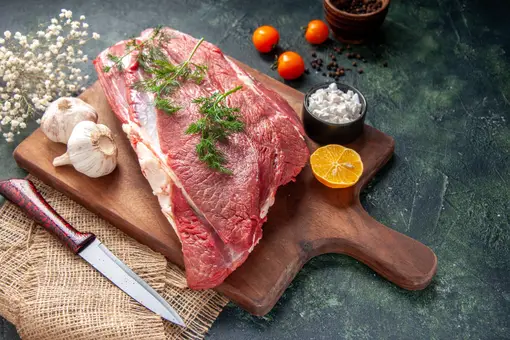
Heme iron, which the body absorbs more readily than non-heme iron, is found in abundance in lean red meats such as beef and lamb. Depending on the type of meat, you can expect to find a concentration of about 2.6-3.5 mg of Iron in red meat.
Legumes
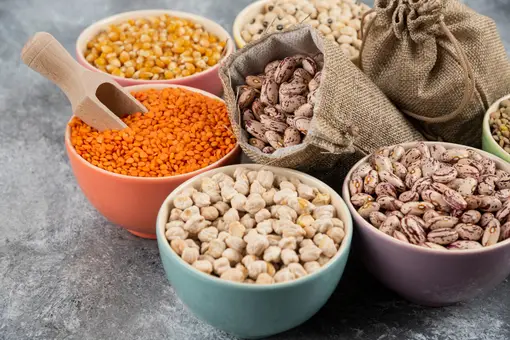
Lentils, beans, chickpeas, and soybeans are all good sources of non-heme iron. They will provide you between 2.5-6.6 mg of Iron.
Spinach and other leafy greens
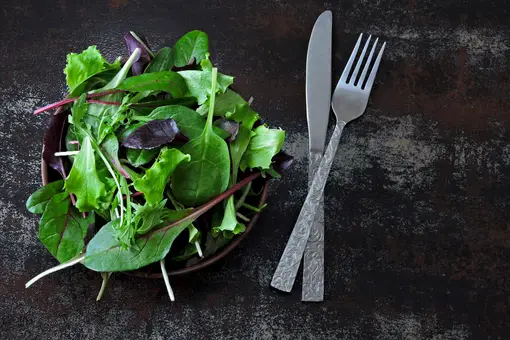
Spinach, kale, collard greens, and other leafy greens are good sources of non-heme iron and will typically contain between 2.7-3.6 mg per serving.
Tofu
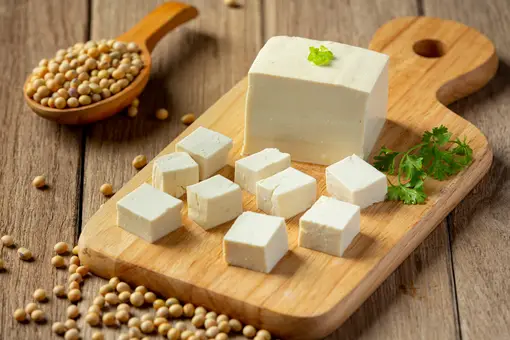
Tofu is an excellent vegetarian source of Iron that provides around 4.6 mg per serving.
Fish and Seafood
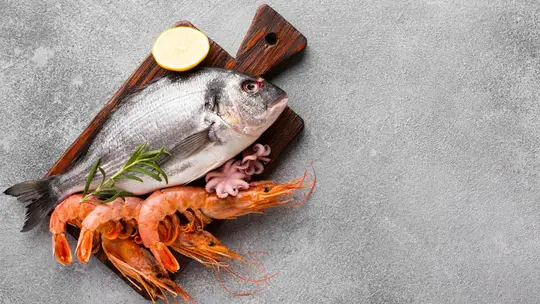
Shellfish, such as clams, oysters, and shrimp, are high in iron. Fish, such as salmon, tuna, and halibut, also contain iron. While the amount varies depending on the type of seafood, you will generally get between 0.5-1.5 mg of Iron per serving.
Poultry
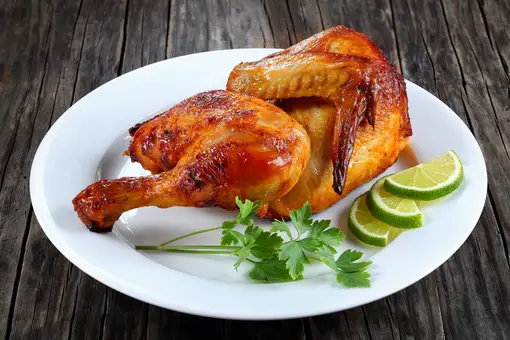
Chicken, turkey, and duck provide between 0.8-1.5 mg of heme iron.
Iron Fortified Foods
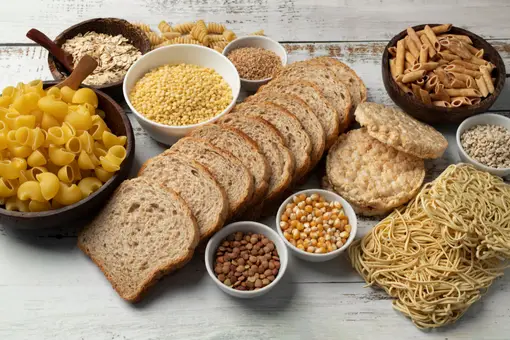
Many breakfast cereals, breads, and pastas are fortified with iron. You can typically expect to obtain between 1.8-18 mg of Iron per serving.
Iron Deficiency during Pregnancy(Anemia):
During the last half of pregnancy, your body makes more red blood cells in order to supply enough for you and your baby. Every red blood cell uses iron as its core. Iron cannot be made by your body and must be absorbed from the foods you eat.
Although iron is found in many foods, it is hard to absorb, making it difficult for your body to get enough to meet its needs during pregnancy. When you don't have enough iron in your diet, you make fewer red blood cells, which is called anemia. Iron deficiency anemia is very common and is easy to correct.
Your body also needs a nutrient called folate to make healthy blood cells. Folate is easily absorbed and found in most green vegetables.
Causes of Anemia
- Poor intake of iron- and folate-rich foods
- Increased destruction of red blood cells that can occasionally occur during illness
Anemia Signs and Symptoms
Often, women with anemia don't have specific symptoms. If anemia is severe, you may feel tired and weak.
Preventing Anemia
- Eat iron-rich foods such as meat, chicken, fish, eggs, dried beans and fortified grains. The form of iron in meat products, called heme, is more easily absorbed than the iron in vegetables. If you are anemic and you ordinarily eat meat, increasing the amount of meat you consume is the easiest way to increase the iron your body receives.
- Eat foods high in folic acid, such as dried beans, dark green leafy vegetables, wheat germ and orange juice.
- Eat foods high in vitamin C, such as citrus fruits and fresh, raw vegetables.
- Cooking with cast iron pots can add up to 80 percent more iron to your food.
- Take your prenatal multivitamin and mineral pill which contains extra folate.
Dosage:
The recommended daily intake of iron for women varies based on age, pregnancy status, and other factors. Here are the general guidelines:
- Women aged 19-50 who are not pregnant: 18 mg/day
- Pregnant women: 27 mg/day
- Breastfeeding women: 9-10 mg/day
It's important to note that taking too much iron can be harmful, so it's best to follow the recommended daily intake unless advised otherwise by a healthcare provider.
Side Effects and Warnings:
Iron supplements may cause some side effects, especially if taken in excess. Common side effects of iron supplements may include:
- Constipation, diarrhea, or other gastrointestinal symptoms
- Nausea or vomiting
- Abdominal pain
- Headache
- Dizziness
- Black or dark-colored stools
In some cases, iron supplements can also cause more serious side effects, such as allergic reactions or iron toxicity. It is important to follow the recommended dosage and to consult with a healthcare professional before taking iron supplements.
There are also certain populations that may be more at risk for iron toxicity or other complications from iron supplementation, such as individuals with hemochromatosis, chronic liver disease, or inflammatory bowel disease. Women who are pregnant or breastfeeding should also consult with a healthcare professional before taking iron supplements.
It is important to note that while iron is an essential nutrient for overall health, excessive iron intake can be harmful. Therefore, it is important to follow the recommended dosage and to only take iron supplements under the guidance of a healthcare professional.
Conclusion:
Iron is an essential mineral for the body, especially for women who are at higher risk of developing iron deficiency anemia. Adequate intake of iron through diet or supplements can help prevent anemia and its related symptoms. However, excessive intake of iron can cause toxicity, leading to serious health problems. Therefore, it is important to consult with a healthcare provider before starting any iron supplements and to follow the recommended dosage. It is also important to note that iron supplements should be kept out of reach of children as they can be harmful in high doses.

Health articles from our experts
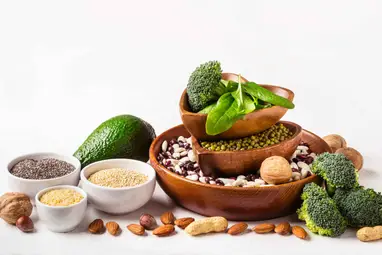
List of 10 Magnesium Rich Foods
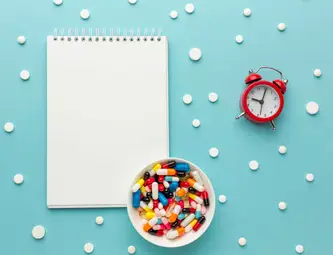
Best Time Of The Day To Take Multivitamins
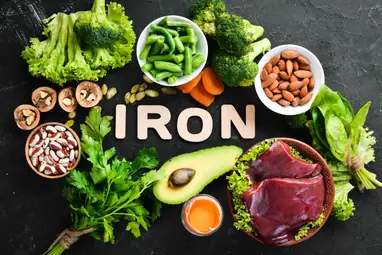
15 Iron-Rich Foods in India to Increase Hemoglobin
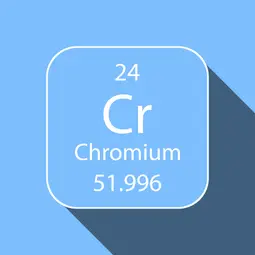
10 Foods Rich In Chromium

Top 12 Uses Of Iron Folic Acid Tablet
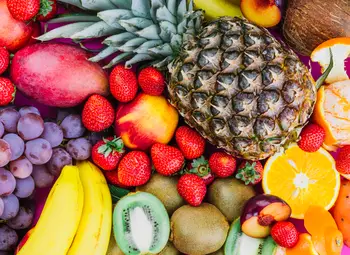
Top 10 Zinc Rich Food In India
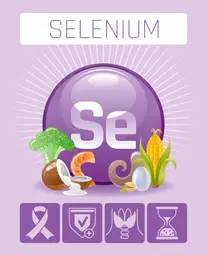
Top 10 Selenium Rich Foods In India
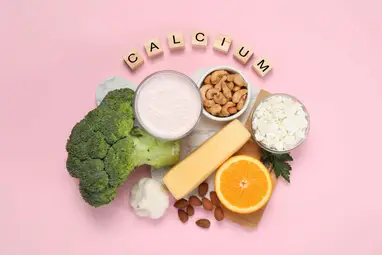
Top 10 Calcium-Rich Fruits
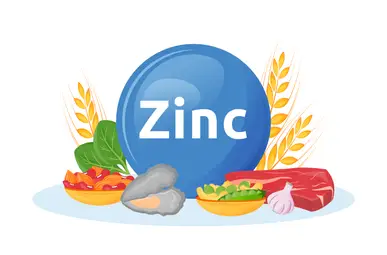
Top 9 Zinc Rich Food Sources for Vegetarians
